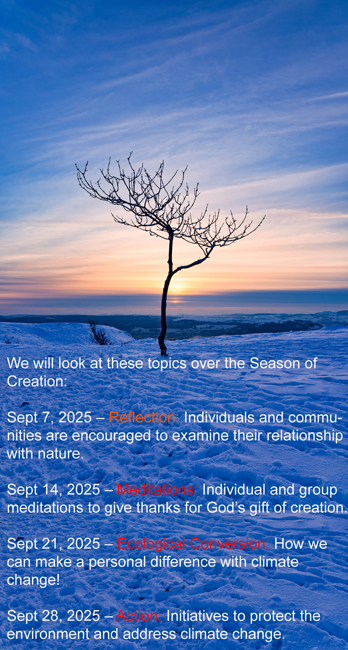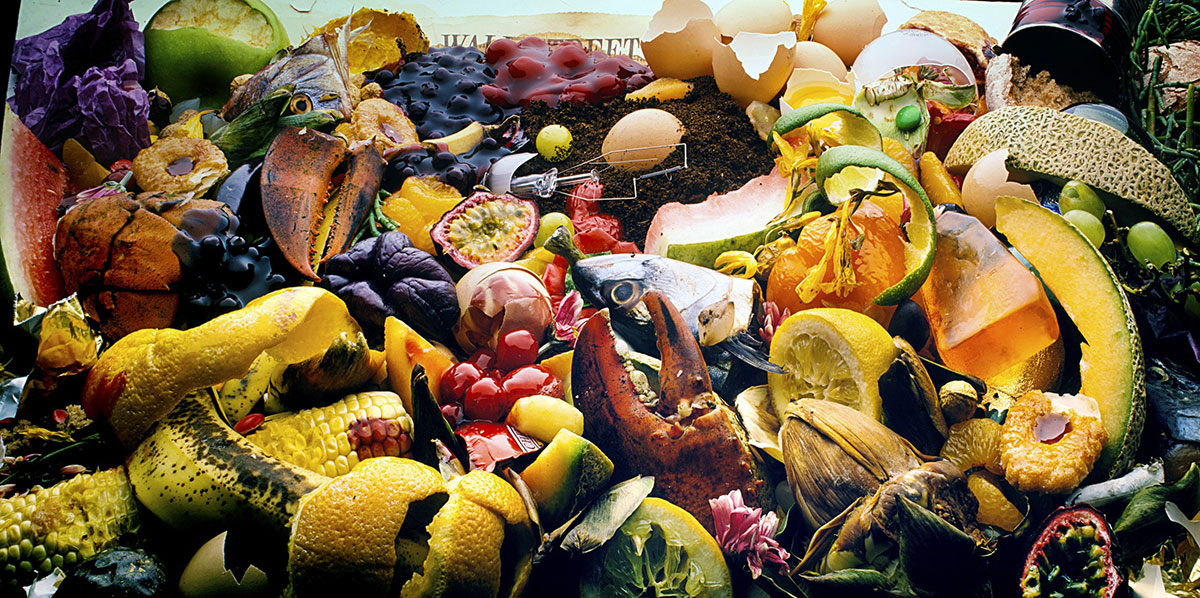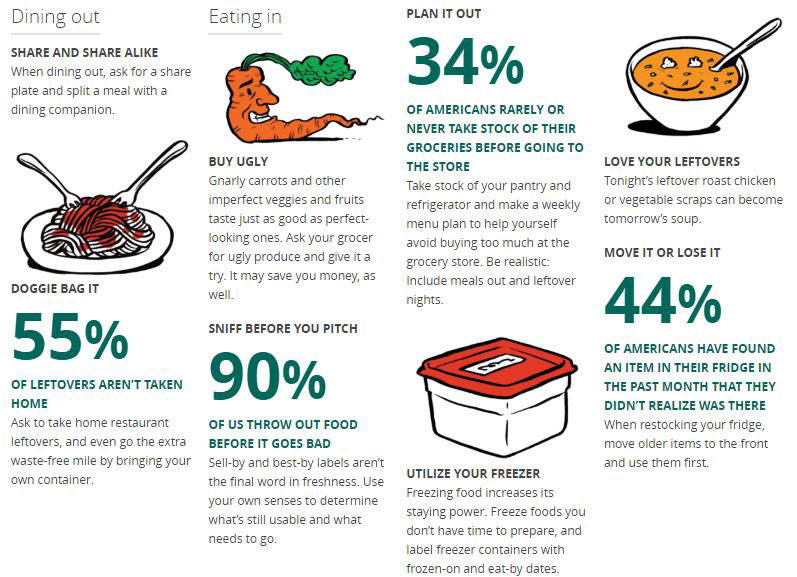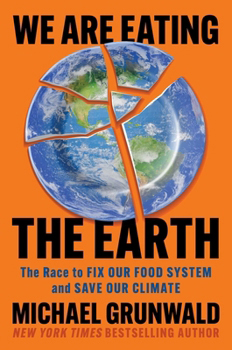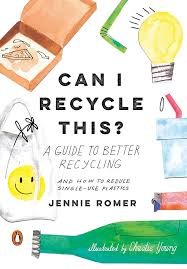Based on the Fifth Mark of Mission

To Strive
God, creator of the universe, Fill us with your love for the creation, for the natural world around us, for the earth from which we come and to which we will return. Awake in us energy to work for your world; let us never fall into complacency, ignorance, or being overwhelmed by the task before us. Help us to restore, remake, renew. Amen
To Safeguard
Jesus, Redeemer of the World, Remind us to consider the lost lilies, the disappearing sparrows; teach us not to squander precious resources; help us value habitats: seas, deserts, forests and seek to preserve this world in its diversity. Alert us to the cause of all living creatures destroyed wantonly for human greed or pleasure; Help us to value what we have left and to learn to live without taking more than we give. Amen
Integrity of Creation
Spirit of the Living God At the beginning you moved over the face of the waters. You brought life into being, the teeming life that finds its way through earth and sea and air that makes its home around us, everywhere. You know how living things flourish and grow How they co-exist; how they feed and breed and change Help us to understand those delicate relationships, value them, and keep them from destruction. Amen
To Sustain
God, of the living earth You have called people to care for your world – you asked Noah to save creatures from destruction. May we now understand how to sustain your world – Not over-fishing, not over-hunting, Not destroying trees, precious rainforest Not farming soil into useless dust. Help us to find ways to use resources wisely to find a path to good, sustainable living in peace and harmony with creatures around us. Amen
To Renew
Jesus, who raised the dead to life Help us to find ways to renew what we have broken, damaged and destroyed: Where we have taken too much water, polluted the air, poured plastic into the sea, cut down the forests and soured fertile soils. Help all those who work to find solutions to damage and decay; give hope to those who are today working for a greener future. Amen
Anne Richards, Mission Theology Advisory Group, Resources available on www.ctbi.org.uk The Dispossession Project: Eco-House


